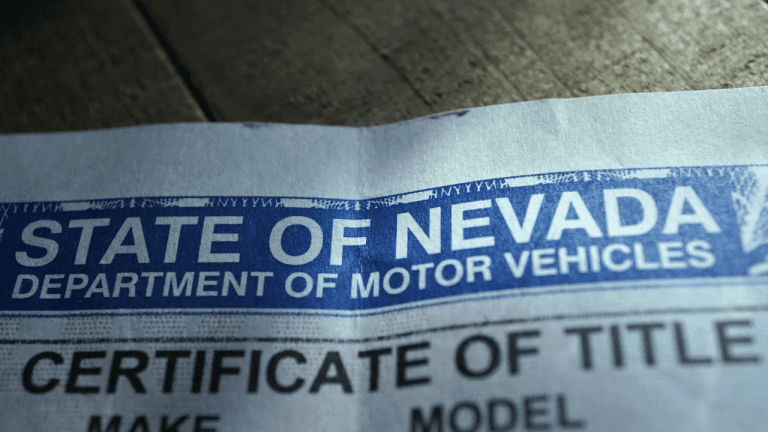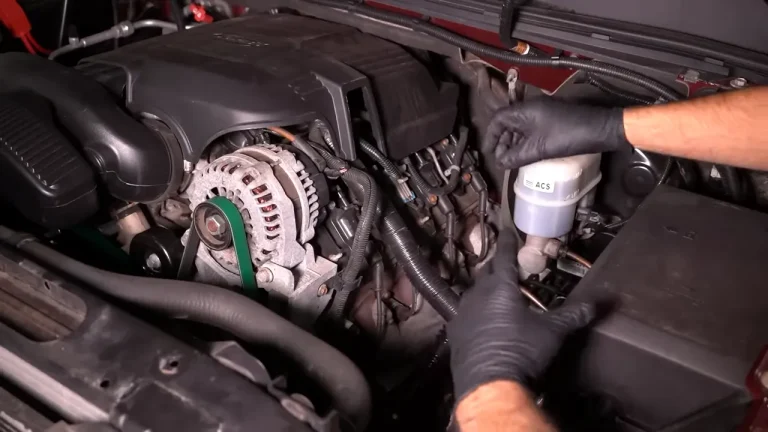How Much Does a Muffler Delete Cost? (What You Should Know)
Adding a muffler delete to your vehicle is often a budget-friendly option in the realm of automotive modifications, with costs typically falling between $100 and $500. Nonetheless, it’s crucial to note that there are potential drawbacks associated with this alteration.
Can a Muffler Delete Ruin Your Car?
A muffler delete, while altering the sound and appearance of a car’s exhaust system, may have implications for the vehicle’s overall performance and compliance with local regulations. Removing the muffler, which is a component designed to reduce noise and direct exhaust gases, can potentially lead to increased noise levels, affecting both the driver’s experience and compliance with noise ordinances.
Furthermore, the removal of the muffler might disrupt the backpressure in the exhaust system, which can impact engine performance and fuel efficiency. Additionally, certain vehicles have mufflers integrated into the overall exhaust system design, and their removal may result in unintended consequences.
It’s advisable to consider the potential drawbacks, consult local regulations, and, if contemplating a muffler delete, seek professional advice to ensure it aligns with the vehicle’s specifications and legal requirements.
How Long Does a Muffler Delete Take?
The duration of a muffler delete installation can vary based on factors such as the complexity of the exhaust system, the specific make and model of the vehicle, and the proficiency of the mechanic performing the work.
In general, a muffler delete procedure may take anywhere from one to three hours. This timeframe includes the removal of the existing muffler and the installation of the necessary pipes or exhaust tips to complete the modification.
However, it’s crucial to consider that unforeseen challenges or additional modifications, such as addressing rusty components, may extend the duration. Professional automotive shops can provide more accurate time estimates based on the specifics of your vehicle and the desired muffler delete customization.
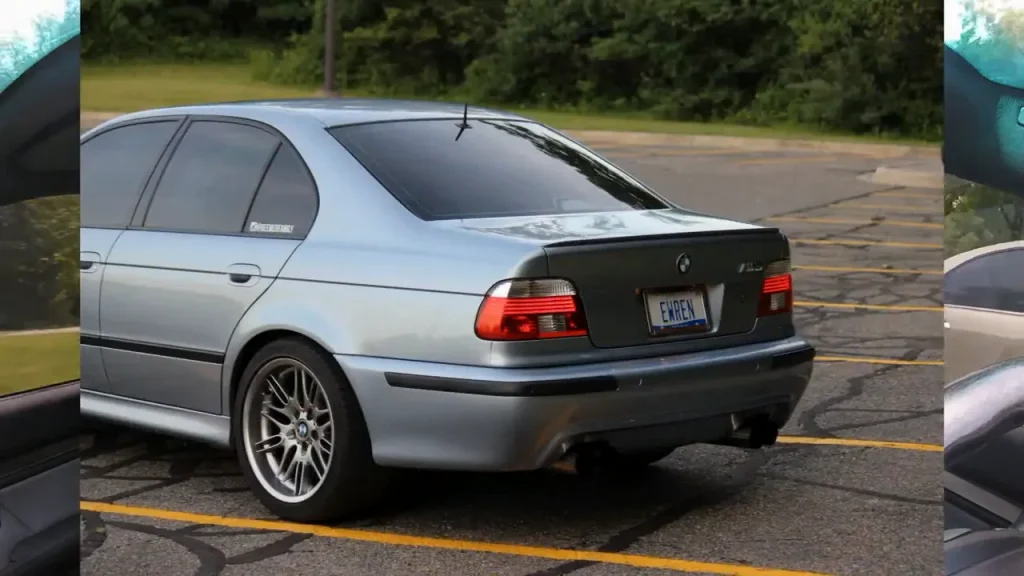
Is a Muffler Delete Legal?
The legality of a muffler delete varies depending on local regulations and laws governing vehicle modifications. In many places, removing or altering the muffler can be considered a violation of noise ordinances.
Mufflers are designed to reduce noise pollution from vehicle exhaust systems, and their removal can result in significantly louder exhaust notes, potentially exceeding legal noise limits. Additionally, certain regions have emissions regulations that require vehicles to maintain their original exhaust configurations.
It’s crucial for car owners to research and understand the local laws and regulations pertaining to exhaust modifications before opting for a muffler delete. Failing to comply with these regulations may lead to fines, citations, or even the requirement to revert the vehicle to its original exhaust configuration to meet legal standards. Consulting with local authorities or seeking professional advice can help ensure compliance with the applicable laws and avoid legal consequences.
Do You Need a Muffler Delete?
Whether you need a muffler delete depends on your personal preferences, the desired sound profile for your vehicle, and local regulations. A muffler delete can alter the exhaust note, creating a louder and more aggressive sound.
Some car enthusiasts seek this modification for a sportier aesthetic and a more pronounced engine growl. However, it’s crucial to consider the potential downsides, including increased noise levels that may violate local noise ordinances. Moreover, removing the muffler can impact backpressure in the exhaust system, potentially affecting engine performance and fuel efficiency.
Before opting for a muffler delete, it’s advisable to research local laws governing exhaust modifications, evaluate the potential impact on your vehicle’s performance, and ensure the modification aligns with your preferences and legal requirements. Consulting with professionals in automotive customization can provide valuable insights into the potential effects and legality of a muffler delete for your specific vehicle and location.
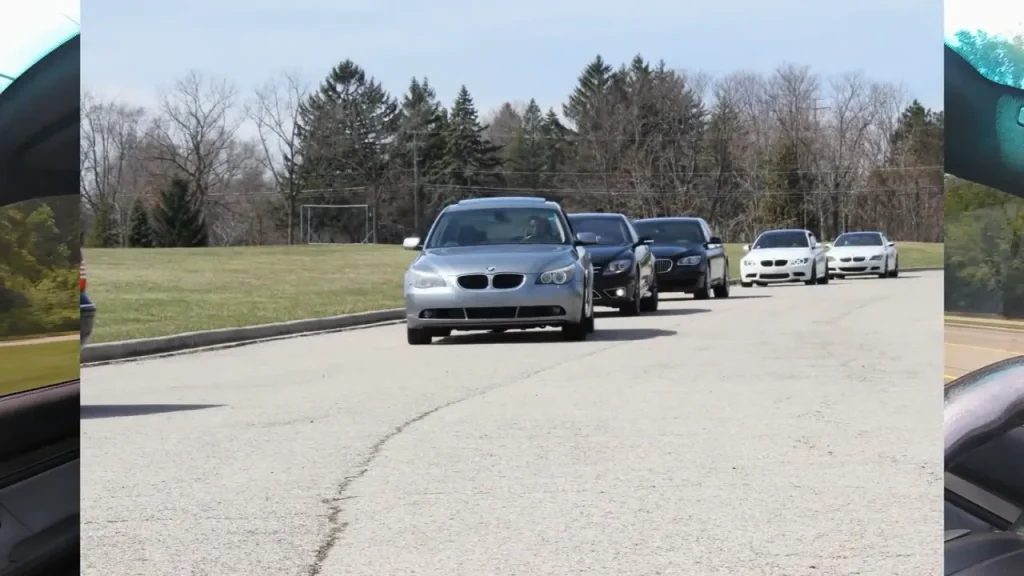
Does a Muffler Delete Waste More Gas?
A muffler delete can potentially affect fuel efficiency, although the impact may vary depending on the vehicle and driving conditions. Mufflers play a role in maintaining optimal backpressure in the exhaust system, which is crucial for engine performance and efficiency.
Removing the muffler can disrupt this balance, potentially leading to altered airflow and backpressure dynamics. In some cases, this disruption may result in decreased fuel efficiency, as the engine might not operate as efficiently without the designed backpressure.
However, the impact on gas mileage is often dependent on various factors, including the specific vehicle, driving habits, and whether the modification is accompanied by other changes to the exhaust system. Individuals considering a muffler delete should be aware of the potential trade-offs and may choose to consult with automotive professionals to better understand the specific effects on their vehicle’s fuel efficiency.
How Much Horsepower Does a Muffler Delete Add?
The impact of a muffler delete on horsepower can vary depending on the specific vehicle and its original exhaust configuration. In some cases, a muffler delete might result in a minor increase in horsepower.
By eliminating the muffler, the exhaust flow may become less restricted, allowing the engine to expel gases more efficiently. However, the horsepower gain is often modest, and for many vehicles, it may not be a substantial enough change to be noticeably felt during regular driving.
It’s essential to recognize that the primary purpose of a muffler is to reduce noise, and its removal for a potential horsepower boost could also lead to increased exhaust noise levels. Car enthusiasts seeking significant performance gains may explore other aftermarket exhaust modifications or upgrades tailored to their specific vehicle and performance goals.
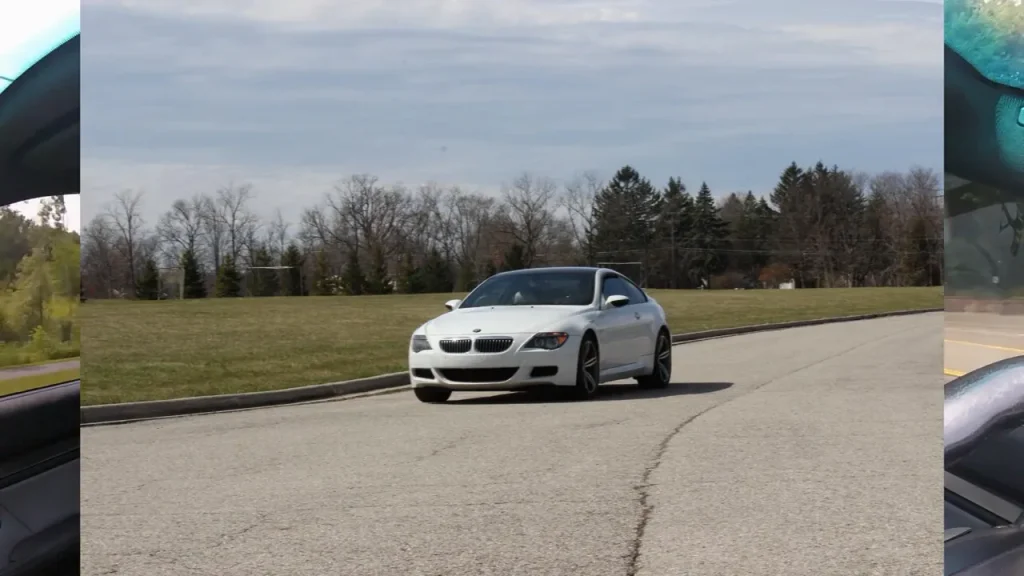
What Is the Difference Between a Muffler and a Cat-Back Exhaust?
The main difference between a muffler and a cat-back exhaust system lies in the components they replace and the extent of the modification to a vehicle’s exhaust system. A muffler is a single component designed to reduce noise produced by the engine exhaust gases. Replacing the stock muffler with an aftermarket one or deleting it altogether can alter the sound profile of the vehicle.
On the other hand, a cat-back exhaust system involves replacing components from the catalytic converter (cat) to the end of the exhaust system, which includes the muffler. Cat-back systems typically include pipes, resonators, and a performance muffler. By replacing this entire section, cat-back systems aim to improve exhaust flow, reduce backpressure, and enhance overall performance. They may also alter the sound of the exhaust.
While a muffler change is a more straightforward modification focused on sound, a cat-back exhaust system provides a more comprehensive upgrade, impacting both performance and the exhaust note. Car enthusiasts often choose cat-back systems for a balance between improved performance and a customized exhaust tone, while those primarily interested in sound alteration may opt for a muffler replacement or delete.

Can I Get Pulled Over for a Muffler Delete?
Yes, getting pulled over for a muffler delete is a possibility, as the legality of this modification varies depending on local laws and regulations. Mufflers serve the purpose of reducing noise pollution from vehicle exhaust systems, and removing or altering them may result in a vehicle producing excessive and potentially illegal levels of noise.
Many regions have specific noise ordinances in place, and a muffler delete that exceeds these limits can lead to law enforcement issuing citations or fines. It’s crucial for car owners to be aware of and comply with local regulations regarding exhaust modifications.
Even if a muffler delete is legal in a particular area, the resulting increase in noise could attract attention from law enforcement officers, leading to potential traffic stops and inquiries about the vehicle’s exhaust system. To avoid legal issues, individuals considering a muffler delete should research local laws and consult with professionals to ensure compliance with regulations governing exhaust modifications.
Do You Need a Tune for a Muffler Delete?
In many cases, a tune is not strictly necessary for a muffler delete, as this modification primarily alters the sound and aesthetics of the exhaust system rather than the engine’s performance. However, if the muffler delete is part of a more comprehensive exhaust system modification, such as a cat-back system or headers, a tune may be beneficial.
A tune can optimize the engine’s performance by adjusting parameters like air-fuel ratio and ignition timing to accommodate the changes in exhaust flow. Additionally, if a muffler delete is performed on a turbocharged or supercharged vehicle, a tune may be recommended to ensure the engine operates efficiently with the altered exhaust dynamics.
It’s advisable to consult with automotive professionals or tuners who specialize in the specific make and model of the vehicle to determine whether a tune is necessary or advantageous for the intended modifications.
Factors to Consider Before Installing a Muffler?
Before installing a muffler or making any exhaust modifications, several factors should be considered to ensure that the modification aligns with your preferences, vehicle specifications, and local regulations:
- Local Regulations: Research and understand local noise ordinances and emissions regulations. Some regions have specific limits on exhaust noise levels, and modifications may need to comply with these standards.
- Vehicle Warranty: Check the warranty terms of your vehicle. Some modifications, including exhaust changes, can void certain parts of the warranty. Consult with the manufacturer or dealership for guidance.
- Type of Muffler: Decide on the type of muffler that suits your preferences. Different muffler designs impact sound levels and tones differently. Consider whether you want a performance-oriented, aggressive, or milder exhaust note.
- Performance Goals: Define your performance goals. If you’re seeking improved horsepower or torque, you might consider a more comprehensive exhaust system upgrade rather than just a muffler replacement.
- Driving Conditions: Consider your typical driving conditions. Some mufflers may be louder at certain RPM ranges or under specific driving conditions. Choose a muffler that aligns with your intended driving experience.
- Budget: Determine your budget for the modification. Muffler prices can vary, and if you’re considering a more comprehensive exhaust system upgrade, the cost may increase.
- Professional Installation: While some may attempt a DIY installation, it’s recommended to have a muffler installed by a professional mechanic or automotive shop to ensure proper fitment and performance.
- Long-Term Effects: Consider the potential long-term effects on your vehicle. Changes to the exhaust system, including a muffler delete, may impact fuel efficiency, engine performance, and other aspects. Be aware of potential trade-offs.
- Sound Preferences: Understand your preferences regarding exhaust sound. A muffler change can significantly alter the vehicle’s exhaust note, and it’s essential to choose a modification that aligns with your taste.
- Future Modifications: If you plan on making additional modifications, such as headers or a cat-back system, consider how these modifications will interact with the chosen muffler.

Will Muffler Delete Throw a Code?
A muffler delete itself is unlikely to trigger a check engine light or throw a diagnostic trouble code (DTC) in most cases. However, if the vehicle is equipped with oxygen sensors or other emissions-related sensors downstream from the muffler, changes to the exhaust system, including a muffler delete, may affect the readings and potentially lead to a code being thrown.
The vehicle’s onboard computer relies on these sensors to monitor and adjust fuel delivery, and alterations to the exhaust system can disrupt the expected feedback. To prevent the likelihood of codes being thrown, some individuals opt for a professional tune when performing a muffler delete.
A tune can adjust the engine parameters to accommodate the modified exhaust system and minimize the chances of triggering a check engine light. It’s advisable to consult with automotive professionals or tuners familiar with the specific make and model of your vehicle to determine if a tune is recommended for your intended modifications.
Does a Muffler Delete Affect Resale Value?
A muffler delete can potentially impact the resale value of a vehicle, and the extent of the effect may vary. While some car enthusiasts may appreciate the altered exhaust note and more aggressive sound associated with a muffler delete, others may view it as a non-standard modification that deviates from the original factory configuration. When it comes to resale, a modified vehicle can be perceived differently by potential buyers, and some may prefer vehicles in stock or near-stock condition.
Additionally, certain modifications, including a muffler delete, can raise questions about how well the vehicle has been maintained and whether the modification was performed professionally. To mitigate potential impacts on resale value, it’s advisable to keep the original muffler and any other replaced components so that the vehicle can be reverted to its stock condition if desired by a future buyer. Ultimately, the effect on resale value depends on the preferences of potential buyers in the used car market and the overall appeal of the modified vehicle.
FAQ:
1. How much does a muffler delete typically cost?
The cost of a muffler delete can vary widely depending on factors such as the type of vehicle, location, and whether it’s a simple muffler removal or part of a more extensive exhaust system modification. On average, prices may range from $100 to $500 or more.
2. Are there additional costs associated with a muffler delete?
Additional costs may arise if there’s a need to replace other components, such as pipes or exhaust tips. Professional installation fees should also be considered.
3. Can I perform a muffler delete as a DIY project to save money?
While some may attempt a DIY muffler delete, it’s advisable to have it done by a professional to ensure proper fitment, performance, and compliance with local regulations.
4. Does the cost of a muffler delete vary based on the type of vehicle?
Yes, the cost can vary depending on the make and model of the vehicle. High-performance or luxury cars may have more complex exhaust systems, impacting the overall price.
5. Is a muffler delete more expensive for certain types of vehicles, such as trucks or sports cars?
Yes, the complexity of the exhaust system and the design of the vehicle can influence the cost. Sports cars or trucks with unique exhaust configurations may incur higher expenses.
6. Does the location affect the cost of a muffler delete?
Yes, labor rates vary by location, impacting the overall cost. Urban areas with higher living costs may have higher labor rates than rural areas.
7. Are there performance gains associated with the cost of a muffler delete?
While a muffler delete can alter the exhaust note, the performance gains are generally modest. If seeking significant performance improvements, other exhaust system modifications may be considered.
8. Can I negotiate the cost of a muffler delete with a professional automotive shop?
In some cases, negotiation may be possible, especially if the shop offers package deals or if you’re combining the muffler delete with other services. However, it’s essential to prioritize quality and professionalism.
9. Do different muffler types impact the cost of a muffler delete?
Yes, the cost may vary based on the type of replacement muffler chosen. High-performance or specialty mufflers may come with a higher price tag than standard options.
10. Are there potential hidden costs associated with a muffler delete?
Hidden costs may include addressing rusty components or unexpected issues during installation. It’s advisable to obtain a detailed quote from the automotive shop to understand the full scope of the cost.
- Why Are My Car Headlights Not Bright Enough? - May 9, 2024
- How Long Can You Drive With An EVAP Leak? - May 9, 2024
- What Does B Stand for in a Car? [Full Guide] - May 9, 2024



